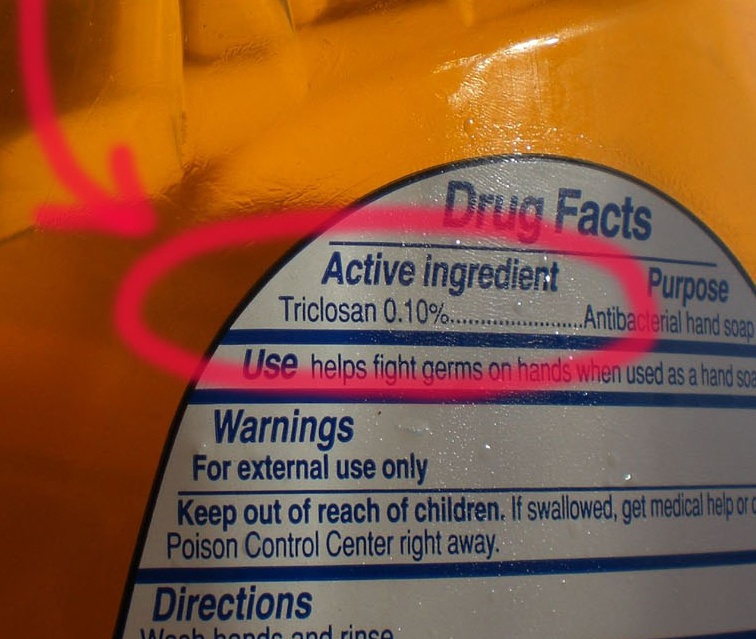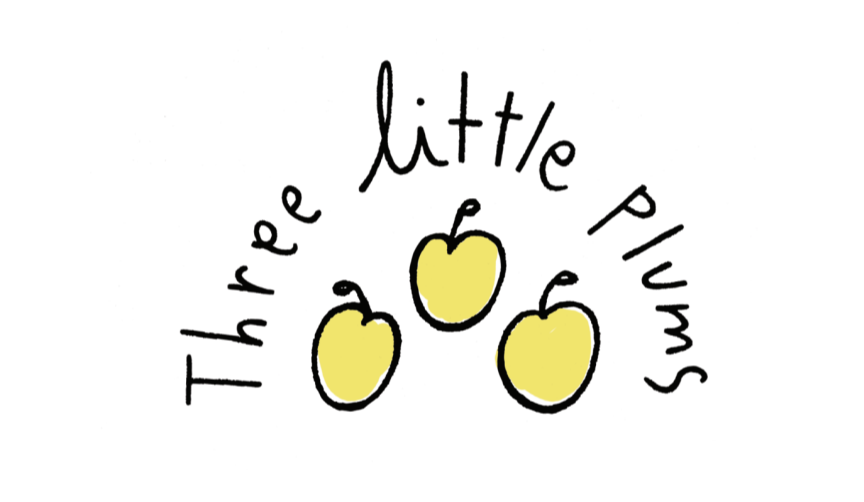Are Antibacterial Soaps Doing You More Harm Than Good?
Are you an antibacterial gel junkie? Do you carry it around in your purse or car and use a bit on yourself and your kids a couple of times a day? Do you buy antibacterial soap at home or antibacterial cleaning products to make sure you are getting rid of all the germs at home? Well, there are increasingly more reasons why you might want to reconsider your habit and opt fo 'dirty' hands or plain soap and water....
IN THE NEWS
After years of scientific studies showing potential harm from the antibacterial chemical Triclosan, the FDA is finally reviewing the chemical’s safety. Their study will determine whether triclosan can continue to be used is many of the most common products in households across America.
In 2010 the European Union banned its use in products that come into contact with food.
WHY YOU SHOULD BE CONCERNED ABOUT TRICLOSAN
As an endocrine disruptor, triclosan can alter the levels of thyroid hormones and reproductive hormones (estrogen and testosterone) potentially resulting in increase risk of infertility, (decreasing levels of testosterone and sperm production) early puberty and other hormone related problems.

Additionally, some experts argue that constant use of triclosan based products are contributing to surges in drug resistant germs (superbugs) immune to antibiotics.
WHAT PRODUCTS HAVE TRICLOSAN? (hint: it is not ONLY in those antibacterial gels!)
Triclosan has been used for more than 40 years so its pretty mainstream. The main reason this news is such a big deal is that triclosan is being used on a DAILY basis (countless times) in many office spaces and households. People -including children-are scrubbing their hands and bodies throughout the day with products containing triclosan.
Visit any hospital or doctors office and you will find plenty of antibacterial gel and soap for use throughout the entire establishment. Even more worrisome for me? These products are quite frequently found in schools and day cares too. In fact, it can be found in numerous products beyond antibacterial gels and soaps! It is in your cleaning products, body wash, soap, toothpaste, makeup (including lipsticks and foundation), deodorant, knives, cutting boards, and even your baby’s basinet bedding and toys....
Some companies, including Johnson and Johnson, have pledged to remove triclosan from all of its products. J&J claims that none of its baby products contain triclosan and they have also pledged to remove triclosan from all of its other products by the end of 2015
For a detailed list of products (including brands and specific names) containing triclosan visit the Beyond Pesticides website.
HOW TO AVOID TRICLOSAN
try to avoid any product that claims to have “antibacterial” or “antimicrobial” properties. in more than 75% of cases the main ingredient will be triclosan
use soap and water for hand and body washing. By training yourself and your family to lather up for 20 seconds with normal soap you will be killing the same germs. Studies have found that antibacterial soaps with triclosan were no more effective at preventing illness or reducing bacteria than plain soap.
use vinegar: vinegar's antibacterial properties have been used to clean for decades. A natural disinfectant, is strong enough to handle most germ killing jobs around the house - just use a 50% vinegar 50% water based solution. No need to opt for antibacterial cleaning wipes containing triclosan and other harsh chemicals.
hand sanitizers are NOT out of the question. In fact, I agree that there are occasions when you really can benefit from them (ie: playgrounds or when people come visit your newborn and you know they dont wash for 20 seconds! among others...) Avoid those that list triclosan and try to use those that use alcohol to kill germs if soap and water is not available.
Some triclosan-free alternatives:
Dr Bronner'sMagic Organic Fair Trade Hand Sanitizing Spray Lavender
The Honest Company Hand Sanitizer
REMEMBER
Triclosan’s review reminds us that the way that the use of chemicals in the US works is as follows: they are all considered safe and allowed to be used until proven harmful. Triclosan has been in the process of being reviewed by the FDA for over 4 decades. (Richard Nixon was president when the FDA started evaluating triclosan!!!) .. and we are still waiting for a final decision (which they have vowed will happen very very soon). Meanwhile its made it into a great amount of US homes, exposing countless adults and children cumulatively over the years, in the US.... even while mounting evidence seemed to point at its harmful effects.
